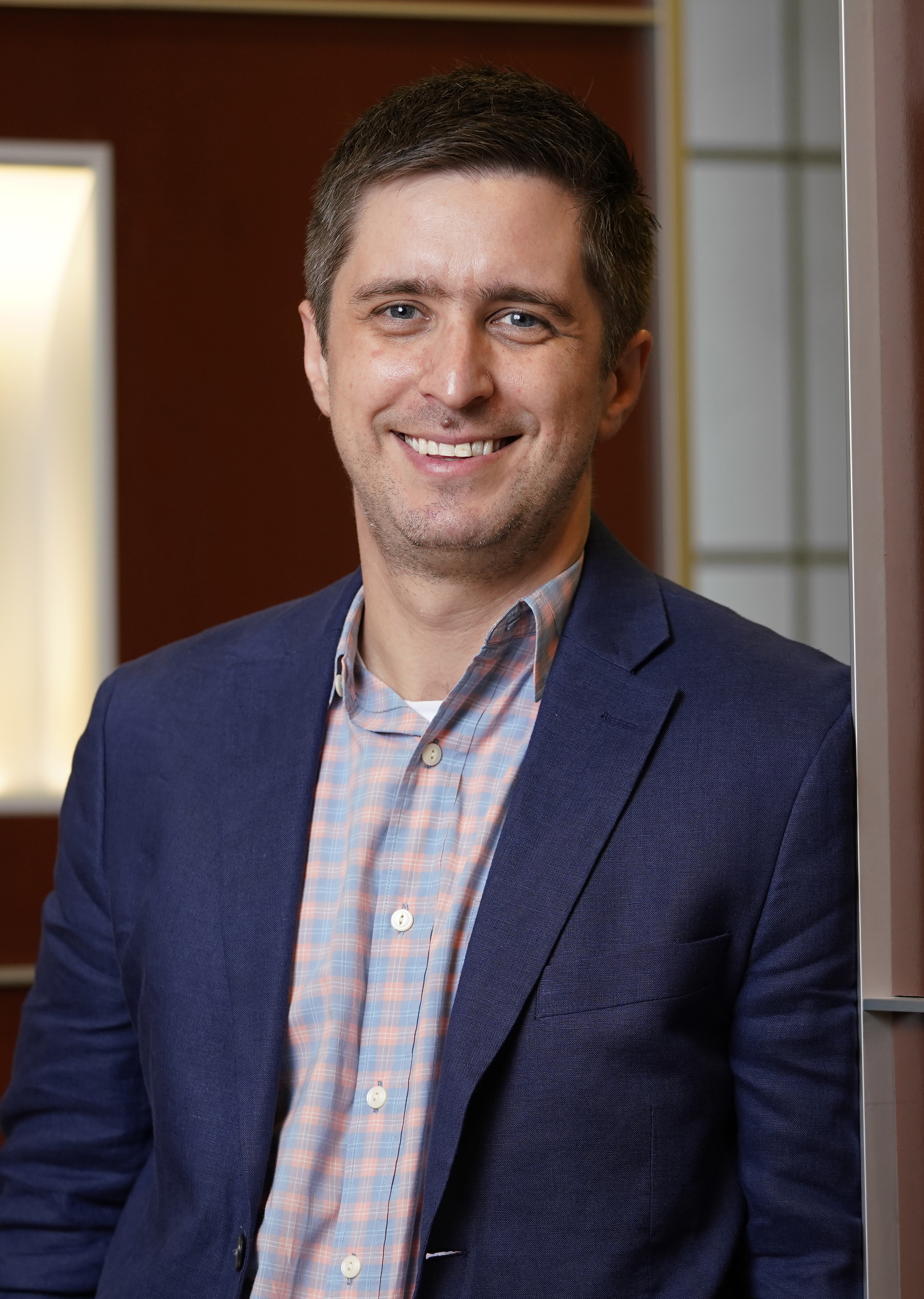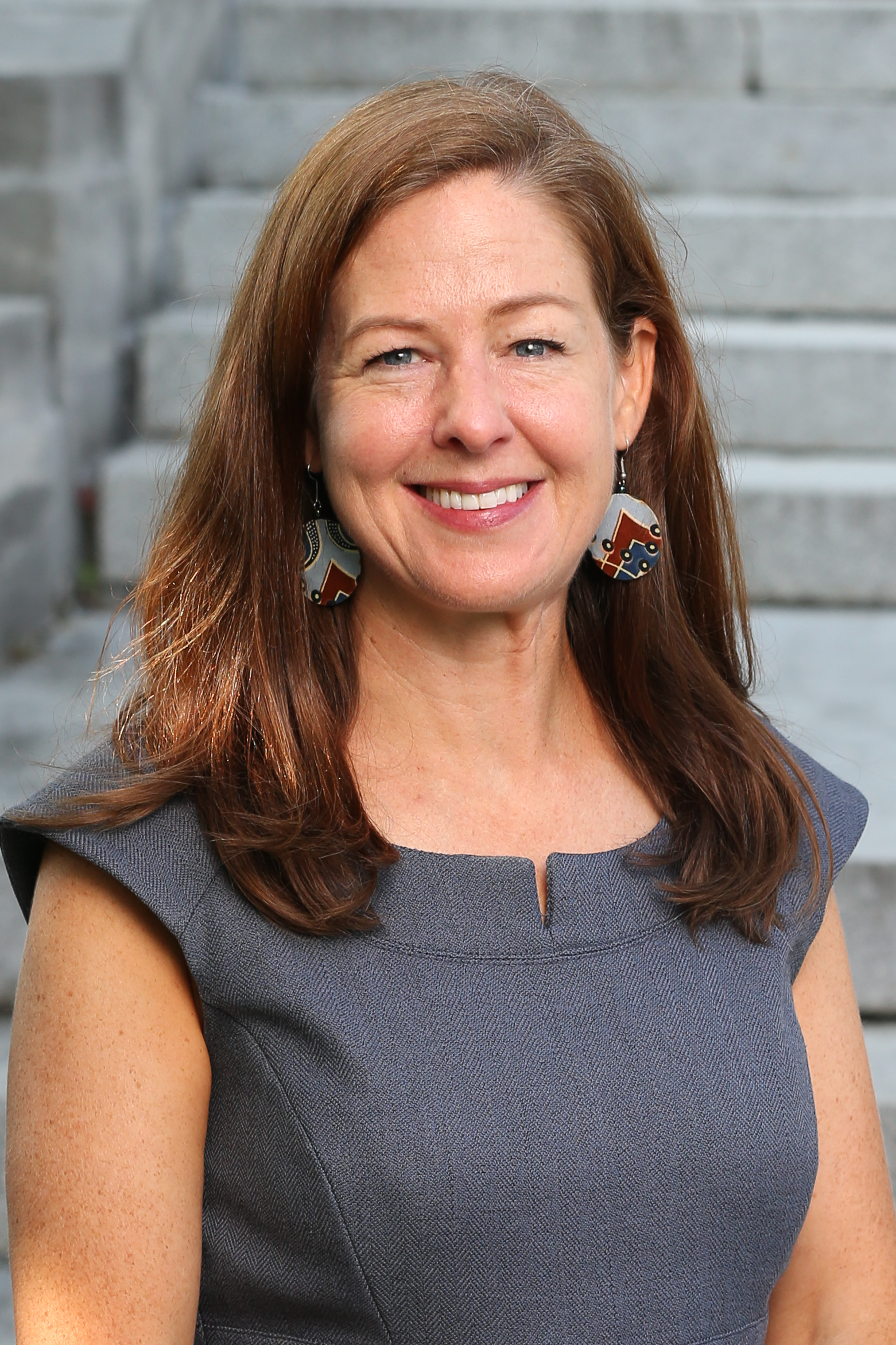| Name | Residence | Current Role |
|---|---|---|
| Mohammad Sarker | Bangladesh | 1. Planning and designing of annual revenue budget of IEDCR, Ministry of Health and Family Welfare (MoHFW) 2. Working as Senior Scientific Officer and Drawing and Disbursing Officer(DDO) of IEDCR (Budgeting and expenditure), MoHFW 3. Evaluation and preparation of annual financial report of IEDCR, MoHFW 4. Preparation of financial audit objection reply to meet up on behalf my institute IEDCR, MoHFW |
| S M Hasan Mahmud | Bangladesh | One of the responsibilities is to provide insight and opinion for high-level policy discussion for the Government side. Provide comments and thoughts on high-level bilateral discussions between policymakers of countries. Provide intellectual input and justification to newly taken projects related to health. Participate in the planning process of health projects of the Government particularly developing project proposals such as DPPs and TAPPs. Though it is required immensely to perform economic evaluation beforehand, the issue is less addressed in this work. |
| Shah Ali Akbar Ashrafi | Bangladesh | As a Chief of Health Information Unit of Directorate General of Health Services my current role of Supervision and monitoring of Routine Health Information System, Covid-19 Surveillance, VPDs surveillance and others. From this unit we basically provided analytic data for the government. So, this role has positive impact on health economic evaluation of the Government. |
| Luz Chocontá-Piraquive | Colombia | Currently Im working as a consultant for the implementation of the data to policy methodology at the Observatorio Nacional de Salud (National Health Observatory) from the Instituto Nacional de Salud (National Health Institute) In Colombia. It includes using health economics to evaluate policies. |
| Hailu Dawo | Ethiopia | I am a monitoring and evaluation officer in the ministry of health of Ethiopia and responsible to monitor and evaluation of health program performances. I involved in the training of economic evaluation workshop to conduct cost effectiveness evaluations on the health programs. But due to different reasons this evaluation was not conducted. |
| Solomon Kassahun Gelaw | Ethiopia | I graduated from the University of Gondar with a Master in MPH in Health Economics. Currently, I am working as Senior National Data Manager & M&E Officer in the Ministry of Health Ethiopia strongly toward evidence-based decision and health data analysis, prediction, and utilization. I was involved in an evidence brief produced using empirical data to mathematically model the COVID 19 outbreak trajectory and different feasibility studies conducted in Ethiopia. |
| Beryl Olilo | Kenya | I am involved in monitoring and evaluation of development projects and programmes, coordination of sectoral development plan, assisting in formulation of economic and statistical development activities for decision making and appraisal of national development strategies and projects. |
| David Njuguna | Kenya | Current roles in the department involves macro economic forecasting, budgeting, annual work planning. On economic evaluation, the current drive is on investment case development where we are working disease programs to estimate costs and benefits. |
| Etelvina Mbalane | Mozambique | Costing of Strategic and Operational Plans, cost effectiveness analysis of Malaria interventions, |
| Andrea Margreth Ora-Corachea | Philippines | I currently am the Supervising Health Program Officer of the Health Systems Monitoring and Evaluation Division of the DOH-Bureau of Local Health Systems Development (BLHSD) where i co-lead the implementation of the Local Government Unit (LGU) Health Scorecard - a tool to assess and monitor the performance of LGUs in the implementation of Universal Health Care reforms within the province-wide/city-wide health system. During the early phase of the pandemic, I led the implementation of the LGU assessment tool on COVID-19 response to monitor the implementation of response strategies in the local health systems, and guide the DOH in providing the needed technical assistance. |
| Joanna Marie Lim | Philippines | I am currently acting as the officer-in-charge of the Health Planning Division. I also lead the development the Department of Health's national strategic plan and long-term plans employing strategic foresight. As the OIC, I also review national operational plan and budget for health. For now, my experience on health economic evaluation was during the D2P training. However, I am very much keen in applying health economic evaluation in the way we develop our plans. |
| Birindabagabo Pascal | Rwanda | Currently, I am involved in reviewing the benefit packages and the provider payment mechanism in assuring the sustainability of health financing mechanisms in Rwanda. Moreover, I am also coordinating the production of the Rwanda Health Resource Tracking Tool (RHTT) a kind of Rwanda National Health Account. The HRTT track resources from different funders as their subsequent implementers and how these resources flow in different health programs and subprograms including HIV, TB and MALARIA along with other horizontal health system programs. |
| Susan Nzenze | South Africa | I am Head of the Notifiable Medical Conditions (NMC) Unit which is part of the Division of Public Health Surveillance and Response at the National Institute for Communicable Diseases (NICD) in South Africa. In this role I coordinate activities regarding notifiable medical conditions including data collation, analysis and timeous notifications to trigger the appropriate response. I work closely with key stakeholders at provincial, national and international level to inform public health policy. Having only joined the NICD on 1 June 2022, I have yet to be involved in any health economic evaluations for the South African government. |
| Faye Abdoulaye | Senegal | I am responsible for organizing and coordinating the process of collecting, processing and analyzing financial data throughout the national territory. I am also responsible for coordinating the preparation of the Health Accounts report and the drafting of the Policy brief on the results of the health accounts. |
| Thiané Gueye | Sénégal | I coordinate the health economics unit responsible for coordinating all economic activities through the use of economic techniques in the health sector. In particular, it is responsible for: - producing health accounts; - build advocacy arguments to mobilize resources mainly of a domestic nature - coordinate the implementation of the health financing strategy; - assess the effectiveness of the various funding mechanisms; - monitor progress indicators towards universal health coverage; - ensure the coordination of any evaluation of interventions (effectiveness, efficiency and impact); - evaluate public policies related to health; - carry out studies and analyzes on the costs of services; - carry out studies on financial accessibility to care; - assess the risks and economic constraints in the implementation of health interventions; analyze the costs of health interventions. |
| Sithabiso Daphne Masuku | South Africa | I am an actuarial analyst turned health economic modeller with 6 years of experience in health economic modelling and decision analysis of public health interventions. Notably, I carried out a budget impact analysis that led to the National Department of Health signing the first South African breast cancer control policy in 2017. |
| Prabhath Werawatte | Sri Lanka | Currently I am the Director of Teaching Hospital Kuliyapitiya, Sri Lanka under the Ministry of Health. Apart from my Hospital work, I engage in Health Economics related work for the Ministry of Health. |
| Aravinda Wickramasinghe | Sri Lanka | Data Impact Coordinator for Sri Lanka and a Trainer in Data to Policy Trainings. Worked in Health Economics Cell of Ministry of Health Sri Lanka and contributed to the Production of National Health Accounts 2013, 2014 and 2015. Currently as a Medical Officer, coordinates the work related to import of pharmaceuticals to Sri Lanka, under the Indian Credit Line and work closely with organizations under the Ministry of Health, private organizations and Treasury of Sri Lanka. |
| Kasusu Nyamuryekung'e | Tanzania | I am a lecturer at Muhimbili University of Health and Allied Sciences who also facilitates the health economics module among undergraduate dental students. I am involved in the D2P program as a potential trainer of trainers for the Ministry of Health, and thus additional training in health economic evaluation is going to be a much needed requirement. |
| Waryoba N. Nyakuwa | Tanzania | Coordinating support by Bilateral and Multilateral Development Partners in the health sector to finance different Government health projects in Tanzania particularly Ministry of Health. Through this coordination I'm involved in health economic evaluation through supportive supervision which is conducted by the Ministry's leadership on the donors investment in the health sector . This helps to contribute to evidence-based decision making by the Ministry management by helping the public health community identify, measure, and compare activities with the necessary outcome, and sustainability to optimize health of Tanzanians |
| Edwin Chalila Oliver | Tanzania | Researcher and analyst for disease prevalence and control in the Ministry of Health, |
| Phanthanee Thitichai | Thailand | Advisor of Field Epidemiology Training program, supervising outbreak investigation, health situational analysis, and field epi. project of residents in the program which sometimes involves economic evaluation. |
| Phattarin Phongwutthipong | Thailand | I am a general physician worked as a data analyst, a research assistance and a project coordinator in Intelligence Unit, Department of Disease Control, Ministry of Public Health, Thailand. This year, I have participated in D2P project called 'Save Your Life: Wear Dusk Mask'. The project objective is to reduce hospitalization with acute exacerbation of COPD patients attributed to PM 2.5 in Bangkok, Thailand. The project will be presented to stakeholders which are Department of Environmental Diseases and Occupational Diseases Control and Department of Disease Control, Ministry of Public Health. |
| Mugerwa Moses | Uganda | As a health planner, i currently take part in the coordination health partners through mapping and validating their investment priorities to the national Interests through the NDP III Program approach to avoid siloed planning At the same time,I'm part of the National Refugee Health and Nutrition Program coordination team and a member of HSIRRP Secretariat. I am a member of different TWGs like PPPH, CRRF SG, Health Information, Innovation and Research (HIIRE) in which critical health information and collected and analyzed for policy recommendations and guidance |
| Roderick Atuhaire | Uganda | Policy Analyst conducting health policy analysis; evaluation of health policies for effectiveness and efficiency |
| Douglas Mushinge | Zambia | I am the Health Specialist under the USAID Revenue for Growth Project in Zambia. Under this role, I am leading two Technical Health Advisors at the Ministry of Health (MOH) and the National Health Insurance Management Authority (NHIMA) to create fiscal space for additional domestical resources for health spending. Part of my role is centered upon designing and conducting economic evaluations for health interventions in the health sector. This includes assessing health care interventions that are in the essential benefits package for Zambia's National Health Insurance Scheme (NHIS). |
| Lawrence Mwenge | Zambia | I work as Lead Health Economist at Zambart, a research institution in health sector. I'm current seconded to work with the National Health research Authority (NHRA) as a mentor (Health economist) on Data-to-policy knowledge translation program. |
| Nonde Sinyangwe | Zambia | I am currently the Chief Knowledge translation Officer and lead health economist of the Zambia Data to policy (D2P) program at the National Health Research Authority. I develop economic evaluation analysis and models in order to give cost-effectiveness implications of health policy/intervention options as part of the knowledge translation mandate of the organization |
Instructors, Facilitators and Participants
Instructors
John Graves (Vanderbilt University)
John Graves, Ph.D. is Associate Professor at Vanderbilt University School of Medicine, where he holds appointments in the Department of Health Policy and the Department of Medicine. Dr. Graves directs the Center for Health Economic Modeling at Vanderbilt University Medical Center, and is a faculty affiliate of the Vanderbilt Institute for Global Health (VIGH) and the Vanderbilt Ingram Cancer Center.
Graves’ career spans nearly 20 years conducting interdisciplinary research at the intersection of health economics and health care policy. The focus of his work is on the use of econometric and decision analytic methodologies to inform the development, implementation and evaluation of health care reforms at the state and federal level. His research contributions include modeling efforts that informed both the 2006 Massachusetts health reform legislation and the 2010 Affordable Care Act, for which he served as lead modeler for the White House Office of Health Reform.
Since joining Vanderbilt in 2011, Graves has led and published research projects on novel methods for identifying provider shortages, on the returns to hospital spending and quality, and on the value of genetic screening in diverse health system populations. He currently leads two large federally-funded research grants on the health effects of insurance coverage expansion among safety net patients in the South, and on the implications of provider network design for access and competition in health insurance markets.
Graves earned his BA in Economics and English from The University of the South in Sewanee, Tennessee. He holds a Ph.D. in Health Policy from Harvard University and is the recipient of fellowships and awards from the Agency for Health Care Research and Quality, the National Institute on Aging, the National Bureau of Economic Research, the American Statistical Association, and the National Academy of Social Insurance. He has taught and consulted for the Master’s in Public Administration in International Development at the Harvard Kennedy School, and is an affiliate of the Abdul Latif Jameel Poverty Action Lab at MIT.
Ashley Leech (Vanderbilt University)
Ashley Leech is an Assistant Professor in the Department of Health Policy at the Vanderbilt University School of Medicine. Dr. Leech’s research combines health services research and health economic methods to answer questions related to healthcare access, delivery, resource allocation, and use, and outcomes for reproductive-age women and their children. She is the Principal Investigator of an NIH/NIDA-funded career development award on Advancing Treatment Outcomes for Pregnant Women with Opioid Use Disorder where she is using decision science methodology to promote the coverage and adoption of high-value healthcare for pregnant women with opioid use disorder, a population that disproportionately faces major impediments to care.
Dr. Leech completed her post-doctoral training in Health Economics at the Center for the Evaluation of Value and Risk in Health (CEVR) at Tufts University School of Medicine where she focused on decision science methodology and received her Ph.D. in Health Services Research at Boston University School of Public Health.
Jinyi Zhu (Vanderbilt University)
Jinyi Zhu is an Assistant Professor in the Department of Health Policy. Her research focuses on applications and methods to inform decision-making for resource allocation in public health and health care. Specifically, her research falls into three main areas: 1) resource prioritization for the prevention and treatment of cardiovascular disease, 2) applied model-based cost-effectiveness analysis in other clinical areas including TB and HIV, and 3) methodological advances in disease simulation modeling (e.g., model calibration and validation).
Dr. Zhu received a Ph.D. in Health Policy from Harvard University. She also holds an MPH from Yale University and a BS in Biology and BA in economics from Peking University.
Marie Martin (Vanderbilt University)
Marie Martin is an Assistant Professor in the Department of Health Policy in the Vanderbilt School of Medicine and serves as the Associate Director for Education and Training at the Vanderbilt Institute for Global Health (VIGH). She received her B.A. in English from Vanderbilt University and M.Ed. in International Education Policy from Vanderbilt’s George Peabody College of Education and Human Development. Dr. Martin completed her Ph.D. at Tennessee State University in Public Administration. Her research and teaching interests lie at the intersection of global health, public policy and education with a particular focus on agenda-setting and public finance.
As Associate Director of Education and Training, she is responsible for curricular and academic program development in global health at Vanderbilt and abroad. Dr. Martin specializes in capacity-building initiatives for students, trainees and faculty from the U.S. and low- and middle-income countries. This capacity-building work includes developing curriculum, building robust training and education programs, and academic program evaluation.
Dr. Martin was a Fulbright Scholar to Japan in international education and worked for three years at the Global Education Office at Vanderbilt developing international service-learning programs. Her professional background includes seven years as an assignment editor for CNN and four years in the Czech Republic, primarily managing a parliamentary internship program for Czech university students under the direction of the European Union. Prior to her current role, Dr. Martin served as the Assistant Director for Education and Training at the Vanderbilt Institute for Global Health (VIGH).
She is currently the Director of the Global Health track of the MPH Program and Chair of the VUMC Global Health Education Committee. Dr. Martin also serves as a course director for MPH Project Development, Global Health Politics and Policy, and the Global Health Integrated Science Course (ISC).
Facilitators
Emily Myers (Vital Strategies)
Emily Myers is a Senior Technical Advisor for Data Impact at Vital Strategies. In this role she oversees the Data to Policy program, working with ministries of health to strengthen public health policy analysis and data use. With a background in economics and public policy, Emily has worked with governments in Asia and Latin America on various initiatives related to evidence-informed policy design. At Harvard University’s Center for International Development, she oversaw capacity strengthening and research initiatives in Asia and the Middle East, and spearheaded a blended learning training program—Building Capacity to Use Research Evidence—rolled out to more than 4,000 civil servants in South Asia. As Project Director for the Malaysia Health Systems Research project at the Harvard Chan School of Public Health, Emily worked with international researchers and the Malaysian government to develop a comprehensive analysis of health system performance and assessment of reform options. Emily also worked in the Mexican government as a Senior Advisor to the Director General of the Mexican Social Security Institute, where she analyzed preventive health and primary care initiatives. She holds a Master’s in Public Administration in International Development from the Harvard Kennedy School.
Chandra Dhakal (CDC Foundation)
I am an applied micro-economist. I got my Ph.D. in Applied Economics at the University of Georgia, Athens, GA. My research focus on food and health economics, and demand and price analysis. Specifically, I leverage microeconomic theories and structural econometric models combined with large household and retail scanner data to study various policy-driven food and health-related issues.
My research interests are broad and encompass several other fields in applied economics, including evaluating the impacts of US safety net programs (Unemployment Insurance, SNAP, WIC, and Medicare/Medicaid) and other health programs/initiatives. In my research, I use theoretical and empirical approaches to study these topics.
I also pursued a dual Master’s degree in Statistics from the University of Georgia in 2021. I hold a Master of Science in Agricultural and Applied Economics from Texas Tech University, Lubbock, TX, and a Bachelor of Science in Agriculture with a concentration in Agricultural Economics, from Tribhuvan University, Nepal.
Andrew Ancharski (CDC Foundation)

Andrew Ancharski is the Epidemiology and Health Policy Trainer at the CDC Foundation as part of the Data for Health initiative. His passions include education, infectious diseases, epidemiology, and data science. Prior to joining the CDC Foundation in August of 2022, Andrew worked as an epidemiologist at the Philadelphia Department of Public Health for six years. There, he worked with the Tuberculosis Control program, the Sexually Transmitted Diseases program, and the AIDS Activities Coordinating Offices. During the early stages of the COVID-19 pandemic, Andrew was involved in many aspects of the response, including training the data team that was deployed for testing.
Andrew received his first master’s degree in Parasitology and Tropical Medicine from Tulane University, and then his MPH in Epidemiology from the University of Colorado. His schooling took him to Peru, where he worked with neglected tropical diseases and increasing health knowledge among indigenous Amazonian, and to Thailand, where he helped to develop a diagnostic test for the endemic helminth Opisthorchis viverrini.
Melissa Cordoba-Asprilla (Vital Strategies)

Melissa Cordoba- Asprilla holds two roles at Vital Strategies, Data Impact Colombia Coordinator and Senior Manager for Partnership for Healthy Cities for Latin America. As a Data Impact Country Coordinator, she has worked with several institutions, such as the Ministry of Health, National Health Institute, Department of Statistics, and National Road Safety Agency, among others, to strengthen data use in decision-making. In her other role as a Senior Manager, she promotes policies to reduce non-communicable diseases and injuries, capacity building and networking across several cities in Latin America.
Melissa has more than ten years of experience in public health. Before her current role, she worked at the Ministry of Health in Colombia. She led discussions to develop technical guidelines of health standards for humanitarian aid in Colombia in situations of emergency or disaster. Also, she participated in formulating the Public Health in Emergencies and Disasters dimension to the Ten-Year Plan for Public Health 2012-2021. After that, she worked as a technical advisor at the National Indigenous Organization of Colombia, supporting the open and informed dialogue between indigenous peoples and the Department of Statistics, aiming to include the indigenous movement in Colombia in the XVII census of population.
She holds a Master’s degree in Crisis, Risk and Disaster Management from the University of Leicester, postgraduate studies in Epidemiology and Demography, and is currently studying a Master’s in Health Policy at Imperial College London.
Tay Za Kyi Win (Vital Strategies)

Tay Za Kyi Win is a medical doctor and public health professional with more than (13) years of experience in health policy, public health data analysis and management, health financing, health program management, community health practice and primary health care, especially in HIV, Tuberculosis, Malaria prevention and control in Myanmar and Asia Pacific Region.
He is a technical advisor of Vital Strategies and facilitates the Data to Policy training program of the Bloomberg Data for Health Initiative in countries in the Asia Pacific region.
He graduated with a MBBS Degree from the University of Medicine Magway, Myanmar and with a MPH degree with specialization in Health Policy, Management and Community Health Practice from the University of Texas, School of Public Health, USA.
He is also Certified in Public Health by National Board of Public Health Examiners, USA and a Fulbright Scholarship Alumnus.






